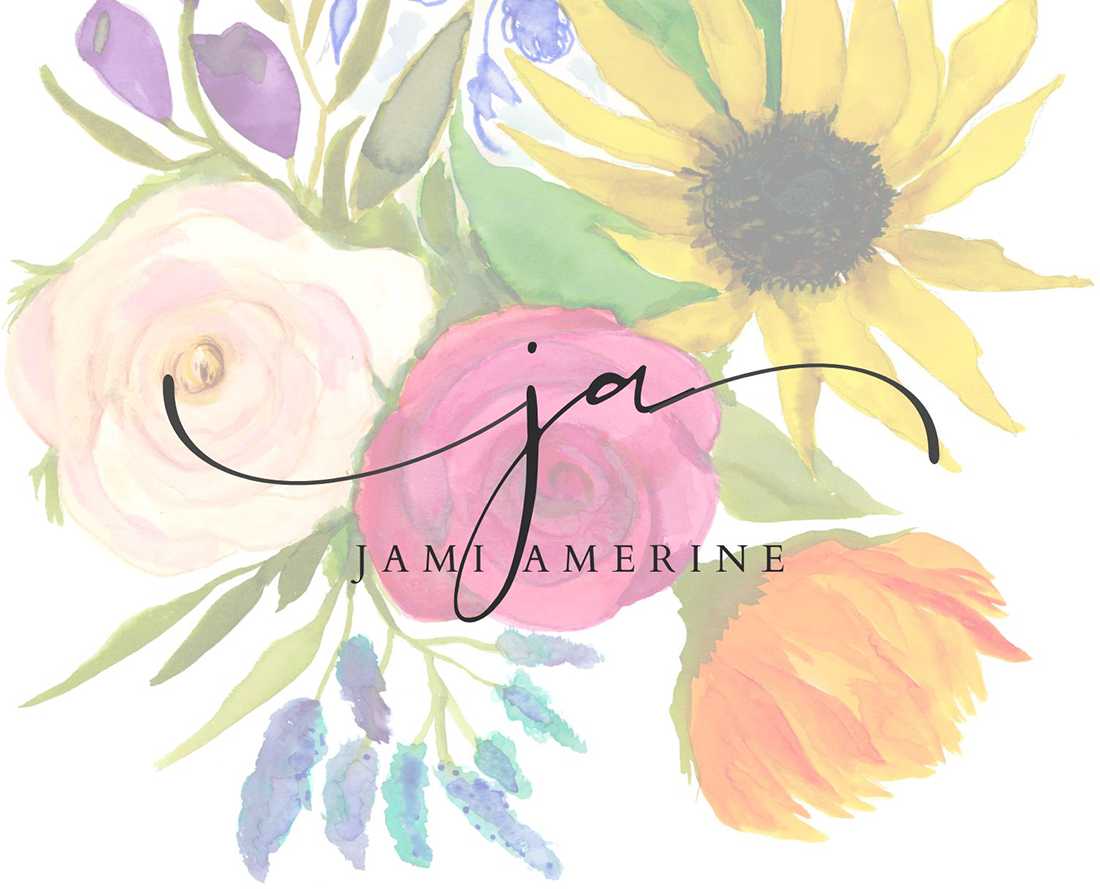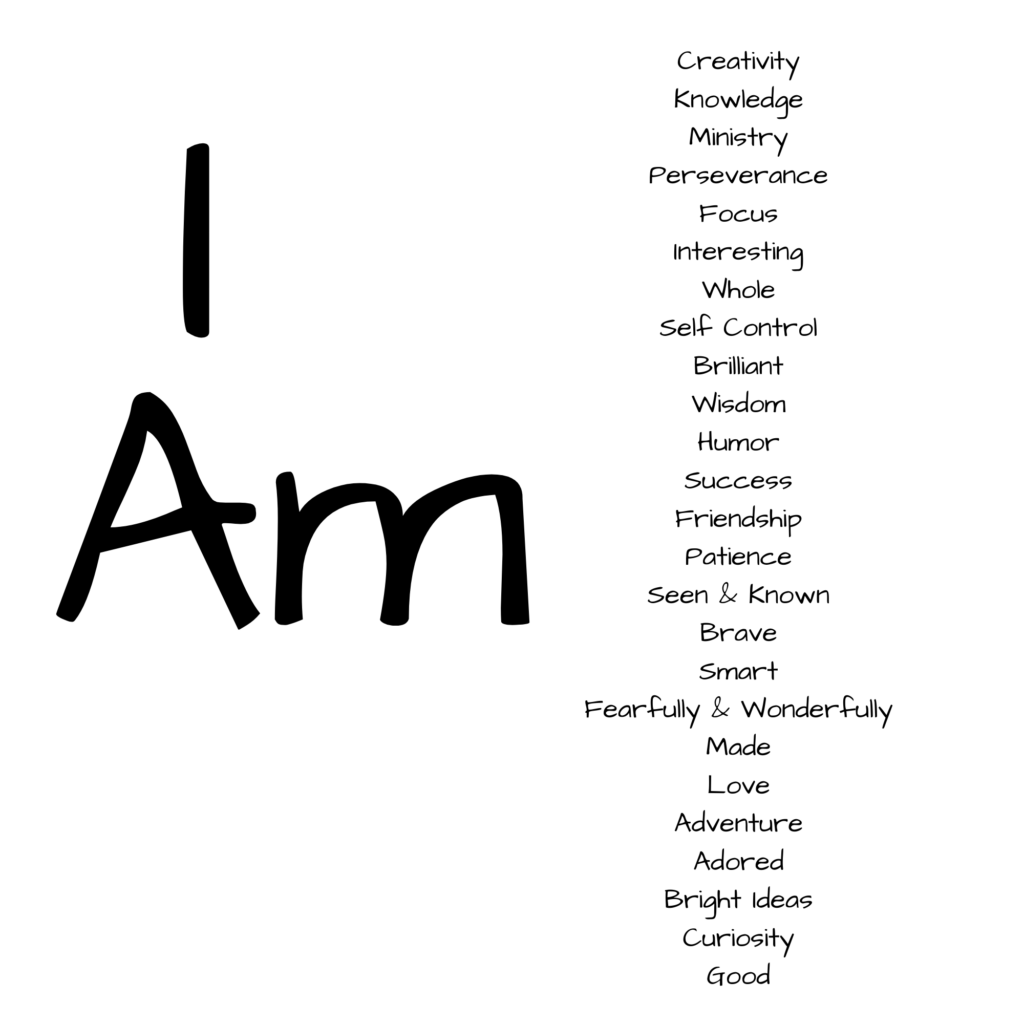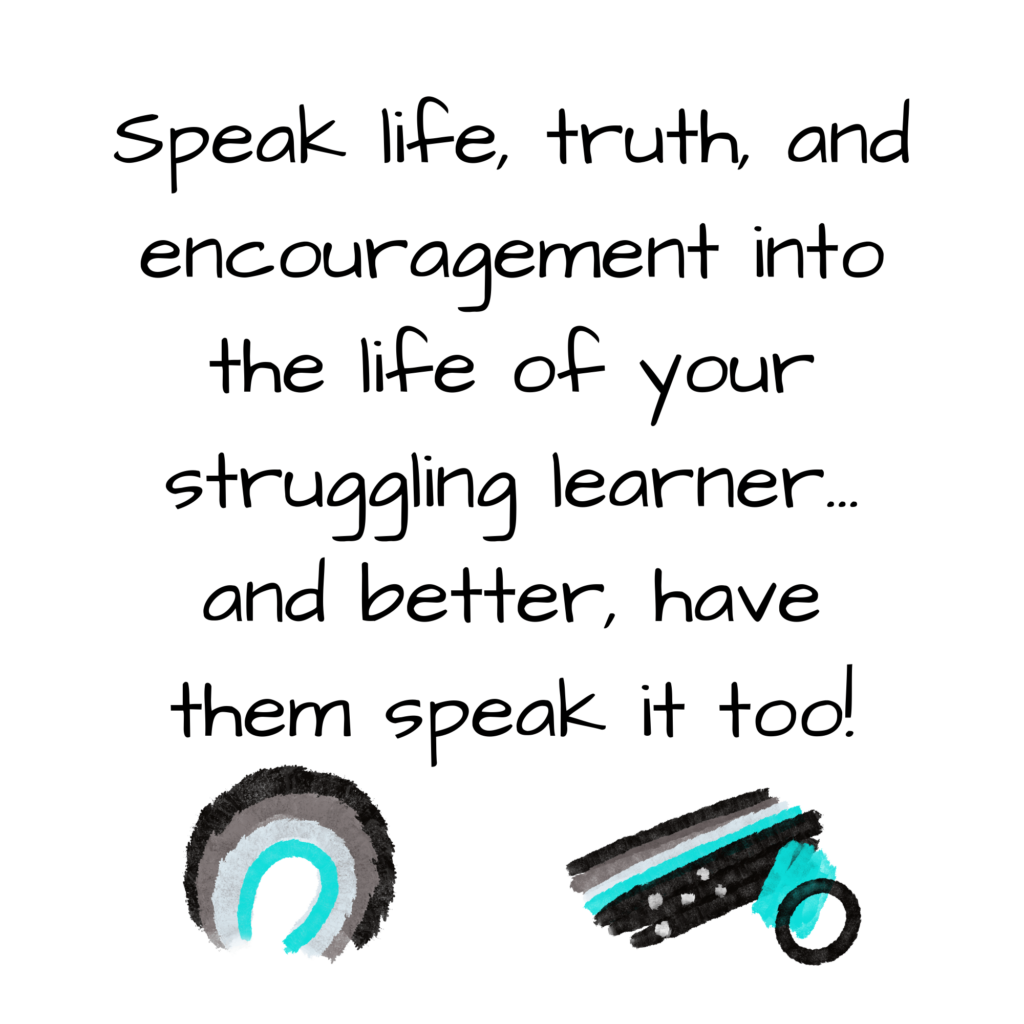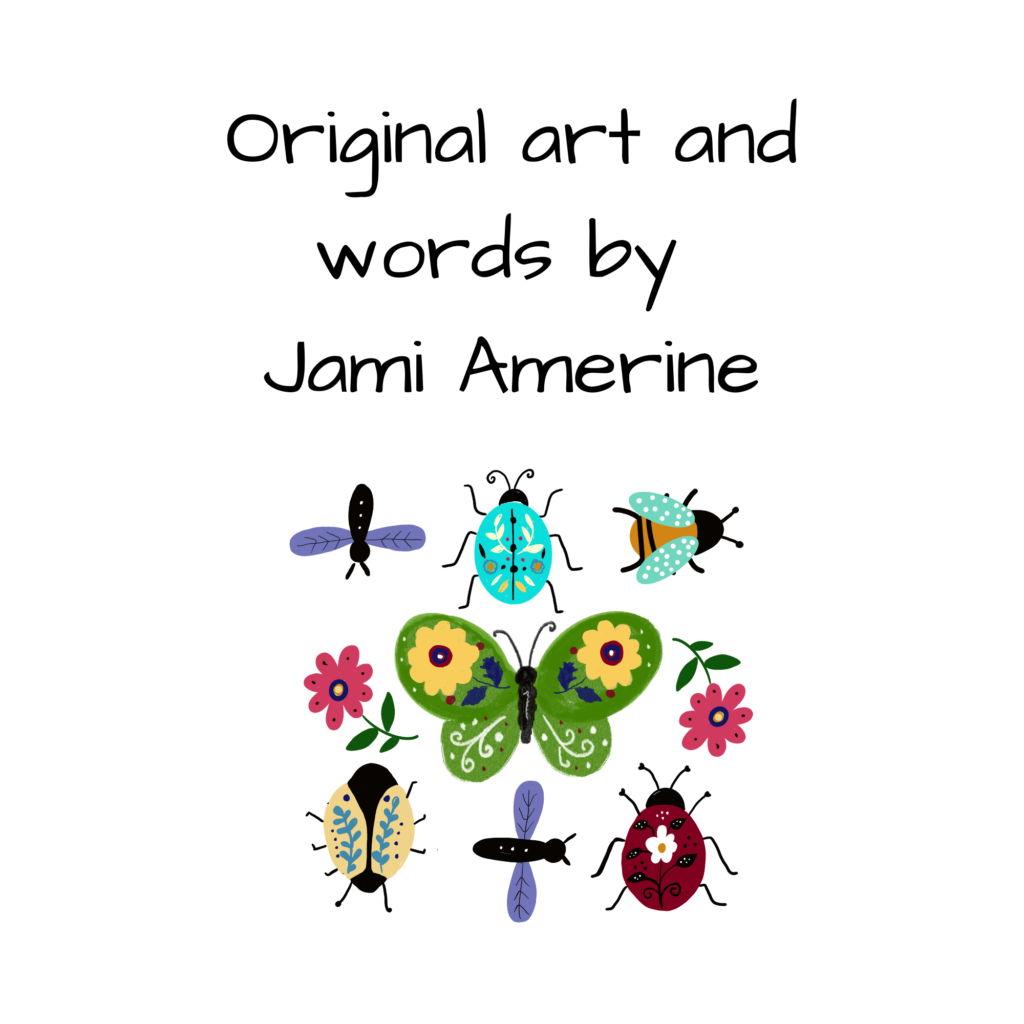
Learning Disabilities: A Blessing
Learning Disabilities: A Blessing
Learning disabilities, I propose it is a loaded diagnosis, I call a blessing. Some will call it a crutch. Others will say it is a tragedy, a malady of disorders and hardships, one wouldn’t wish on their worst enemy. But, I know some things, just a few things about learning disabilities. And I want to share them with you.
If you know me, you know that I barely made it through high school. I managed to make it to 20, undiagnosed, entirely depleted and nearly destroyed by my failures. It was right after my 20th birthday I learned I was ravaged with learning disabilities. Primarily Dyslexia and ADD, now labeled ADHD, number and math comprehension disorders, and severe insecurities and emotional baggage from the struggle. Understanding this was a welcomed find. Dyslexia, understanding why I could not learn from reading, made my other problems, make sense.
My learning disabilities were not behavioral, but my behavior was impacted by them.
In this article these are the learning disabilities I am addressing:
- Auditory and Visual Processing Disorders – sensory learning disabilities in which a person has difficulty grasping language regardless of normal hearing and vision measures.
- Nonverbal Learning Disabilities – a neurological disorder that develops in the right hemisphere of the brain, causing problems with visual-spatial, intuitive, organizational, evaluative and holistic processing capacities.
- Attention Deficit Hyperactivity Disorder (ADHD) – a condition that becomes apparent in some children in the preschool and early school years and is harder for these children to control their behavior and/or pay attention.
- Dyslexia – a language-based disability in which a person has trouble comprehending or processing written words. These learning disabilities are often also referred to as reading disability or reading disorder.
- Dyscalculia – a mathematical disability in which a person has a difficult time resolving arithmetic problems and grasping math concepts.
- Dysgraphia – a writing disability in which a person struggles to form letters or write within a defined space, i.e. between the lines. (LD Basics, 2019)
Please do not confuse these learning disabilities with other disabilities such as autism, intellectual disability, deafness, blindness, and behavioral disorders. These conditions are not learning disabilities.
What I remember about school prior to my diagnosis with learning disabilities was that language and writing were appealing to me. However, the lack of support and negative labeling, had me convinced, I would never have much more than a career at McDonald’s. Hold up, there is nothing wrong with a fast-food career if that is what you want. The point is, are the goals we set related to what we believe we can accomplish, or what society has told us is impossible because of learning disabilities?
And while I am functioning at, well, not peak performance, but above the fray, I hold an undergraduate degree in family and consumer sciences, (yeah, home economics.) And I have a Master’s Degree in Education, Counseling and Human Development. I graduated Cum Lade from University, in less than three years. I am a three-time published author, a professional speaker and at the beginning of next year, my art will be in major retailers nationwide.
Stick that in your hat and smoke it Mrs. Wellbrend.
But none of that was what I wanted to tell you. Maybe I had to, just to voice my authority when it comes to learning disabilities and the blessing. Even had I never amounted to a thing, I was always more than the labels so heavily handed me, before and after my diagnosis with learning disabilities.
Let’s start here, I have listed the bones. But really, what are learning disabilities?
Well, in my humble opinion the term “learning disabilities” could be considered a crutch, but hear me out. It is only a crutch for those who need a reason for why everyone on this big blue marble doesn’t learn in the exact same way, at the exact same time, in the exact same order, as the guy next to them. There are some beautiful educators out there and some icky ones. But they are handed the same bad eggs as the “disabled,” the need to categorize by age and ability or learning disabilities. There is no point in trying to change this now. This my friend, is just how the ball bounces.
Let me be clear, undiagnosed learning disabilities and all, I was a good kid. I was a people pleaser. So was my dad, my brother, my husband and my son, who all have learning disabilities too. Granted we are also now, some of the most successful people I know. But when you are in the thick of childhood and standardized testing, social norms, bullies, the in-crowd, fashion trends, gossip, loneliness, algebra, learning disabilities, gifted, talent, geek, goth, jock, wallflower, and whatever that mystery meat they serve at lunch is, the future is light-years away.
For the purpose of this composition, learning disabilities are society’s way of coping with that which makes no sense in a word of 1+1=2.
In my world, 1+1 never spat out the correct sum. Not even on my fingers and toes. And the first time I heard, “there is something not right with your boy, we think learning disabilities…” I felt all the pangs of my past, a loss for the future, and a stabbing pain in my side. That pain turned out to be a busted underwire that was digging into my rib cage, but it still hurt.
Which is actually an excellent point also. I know, I can tell you all of these “RAH RAH MAMA!” things, but I don’t tell them to you to negate your pain or worry.
I know you are hurting and worried. It’s okay, be hurt and worried. Just don’t give up, not yet.
So whatever learning disabilities diagnostic you have been handed, let us start by looking at them from a new perspective. Perhaps it started with some reading problems, even what first appeared to be hearing impairment or sight. Whatever the case you have been confronted with the information, “Your child has learning disabilities and is not doing things like all the other kids.” Or as I like to say it, “Your child has learning disabilities. In other words, they are not reading, writing, or processing language or math problems at the precise pace deemed normal by officials.”
Okay, first of all, “Bravo!” parents! You didn’t give birth to a robot. This is primary in what I want you to consider when you hear information related to your child or children’s problems or learning disabilities. And yes, I know, these problems have repercussions, but first and foremost, your child needs you to be their biggest advocate. Advocacy is much more effective when you have a grip on what you are feeling.
And I understand that the words, “learning disabilities” sent your reeling.
But, if you go into every information meeting, guns a blazing, on the defensive, you are going to leave feeling victimized and defeated. Or so I have heard friends say. So, one concrete piece of advice I can offer is, know your stuff. Arm yourself with all the information you can. When you are empowered with all the knowledge you can find about learning disabilities, your child’s struggles aren’t being dictated to you. This puts you in a healthy mindset. You need this, otherwise, every encounter will feel like a rundown of all that is wrong with your baby.
Ugh, that is the worst feeling in the world.
Most likely, the first indication of education issues or learning disabilities happens in school and are going to be flagged when it comes to reading. Unless there is a behavior or notable social issue, reading is almost always the first time you will be alerted to a problem or proposed learning disabilities. In our case, with our son John, we were alerted to issues very early because it was assumed he was deaf. In actuality, he had audio processing disorder which is the umbrella diagnosis for dyslexia. John would hear an instruction and ask us to repeat it several times. What he was hearing was not being processed by his brain.
At one point a school official wanted us to medicate John for ADHD, which was entirely ridiculous. He doesn’t have ADHD, in any form of fashion. Had we medicated the docile creature for this disability, he most likely would have slipped into a coma. And I get it, it is a lot of work to research all the things that may or may not be “wrong” with your kid. But I propose being one step ahead of everyone making decisions about your child is going to be the best you can do for your child.
I don’t know everything, but I know for a fact John Amerine never had ADHD.
The child had no issues with attention. He had issues with processing. There is a difference.
As your child progresses in school and writing and language skills are expanded on, it may become more and more obvious that he or she is not ready to advance or is struggling. Remain calm.
We live in an age where information and help are much easier to find. The educators in your child’s life might need the category or label, but you the parent can be the first to remind your child, this is not what defines him or her.
They are unique. And as unique individuals, this is how you and they will maneuver society. Understanding your child’s struggles and what others perceive as a disorder equips your child with confidence I have seen work.
In John’s case, right out of the gate, we never spoke of limitations or learning disabilities, only his skills. He was good at so many things. And he was genuinely kind and compassionate. This was our focus. The wheels fall off when the comparative starts, as I said, usually in the early school years. And learning disabilities are more obvious at that point because we are monitoring progress based on age norms. But those norms are really only relevant during the developmental years.
For example, I have several pretty good friends. None of us are the same age. And none of us have the same talents.
During the school-age, our children are subject to children of the exact same age and abilities all of the time. This only happens in childhood. In the workplace, you aren’t forced to eat lunch with people who were born in the same 12 months as you. At an office Christmas party it is fine and well if Accounting sits with Personnelle. And if the VP of Sales ends up at the bar at the exact moment that the HR manager orders a whiskey sour, no one breaks that up or flies into a panic.
Forward-thinking debunks disabled thinking every time.
This I offer you, remind your child they are unique, not flawed in their creation. It will speak volumes to them when the rest of the world is speaking in diagnostics and norms and they are forced to compare themselves with their peers.
Normal is almost never the winner. And yes, I know, they might face some heavy struggles. But so does a butterfly. It has to morph from inchworm to shriveling puddle of goo before it ever gets its wings.
Your support at home will hold their attention way past the fourth grade.
Behavioral issues can most definitely stem from a quirky brain, but as a trained educator, I am inspired by the belief they are most aggravated when highlighted. One of my most traumatic childhood memories was being made to miss recess and sit alone at lunch because I couldn’t finish my math worksheet at the same time as my classmates. This resulted in me being made fun of and retaliating by pushing some random Tiffany in the bathroom.
As I sat outside the principal’s office I heard the teacher say to my parents, “She is not nice. And she is impossible to deal with.
I knew then, and I know now, that was not true.
What I also knew then, but couldn’t understand was this, I can remember every single number on that worksheet, the exact order as if I had a photograph in front of me. To this day, if I write a check, and I look at the check number, I will never forget the merchant, dollar amount or date.
In college that was discovered to be a numeric photographic memory. I can’t solve for X, but I can tell you, off the top of my head, every credit card number in my wallet. I know the social security number of all my family members, and for some reason, that of my dearly departed mother-in-law.
So no, I cannot do long division. But yes, maybe we should plan a trip to Vegas.
And, I cannot read. So when I signed my third book deal, I trusted my husband to read the contract so I could sign it… to write a book, so other people can read.
There is some disability to be found in that. And please know, I am not bragging, I have enough problems to keep me well grounded in a humble existence. But what I am hoping to convey is this, one man’s trash is another man’s treasure.
And one diagnosis can lead to a good prognosis. I don’t know you and I don’t know your child. But I am a mom, and I believe that your child is as wonderful and gifted as you do. I believe you. And I believe that your belief in them is more important than the piece of paper in front of you.
Disorders are many. Your child, that baby… there is just one like them.
So, congratulations, learning disabilities are a blessing.
Rage on.
Follow this link to read more from the Sacred Ground Sticky Floors Learning Disabilities series.
And for more helpful articles on Learning Disabilities visit HelpGuide.org or Learning Disabilities of America.
And Jesus be all over you! Love, J
Get your I am Cards for Struggling Learners here now! Speak life and truth into your baby!
I have made this set of “I am cards” from journal entries I had when John was just a boy. I am in awe of the work that God had before John and I even realized it was to be. Things no eye had seen. literally no ear had heard. I know that you might be scared with all that is before you with a struggling learner. So, I pray these cards offer you hope in the future God has planned for you and your child.
I recommend printing these on card stock and cutting them in half.








This is so insightful and encouraging. laurensparks.net
[…] career of it. And John would tell you that we told him, he was afflicted with learning disabilities, but he wasn’t learning disabilities. Justin and I explained to him, on the regular, he could […]